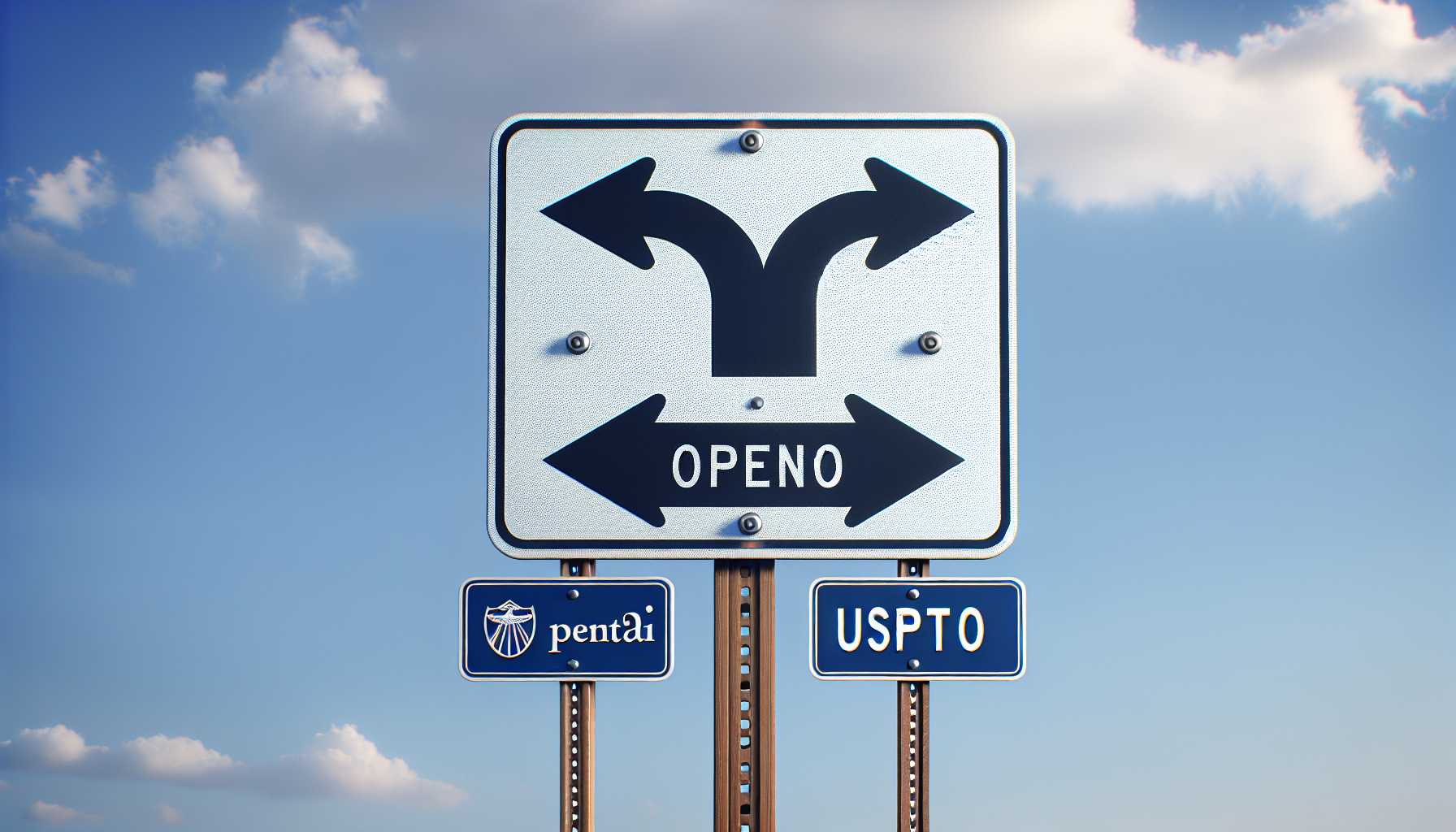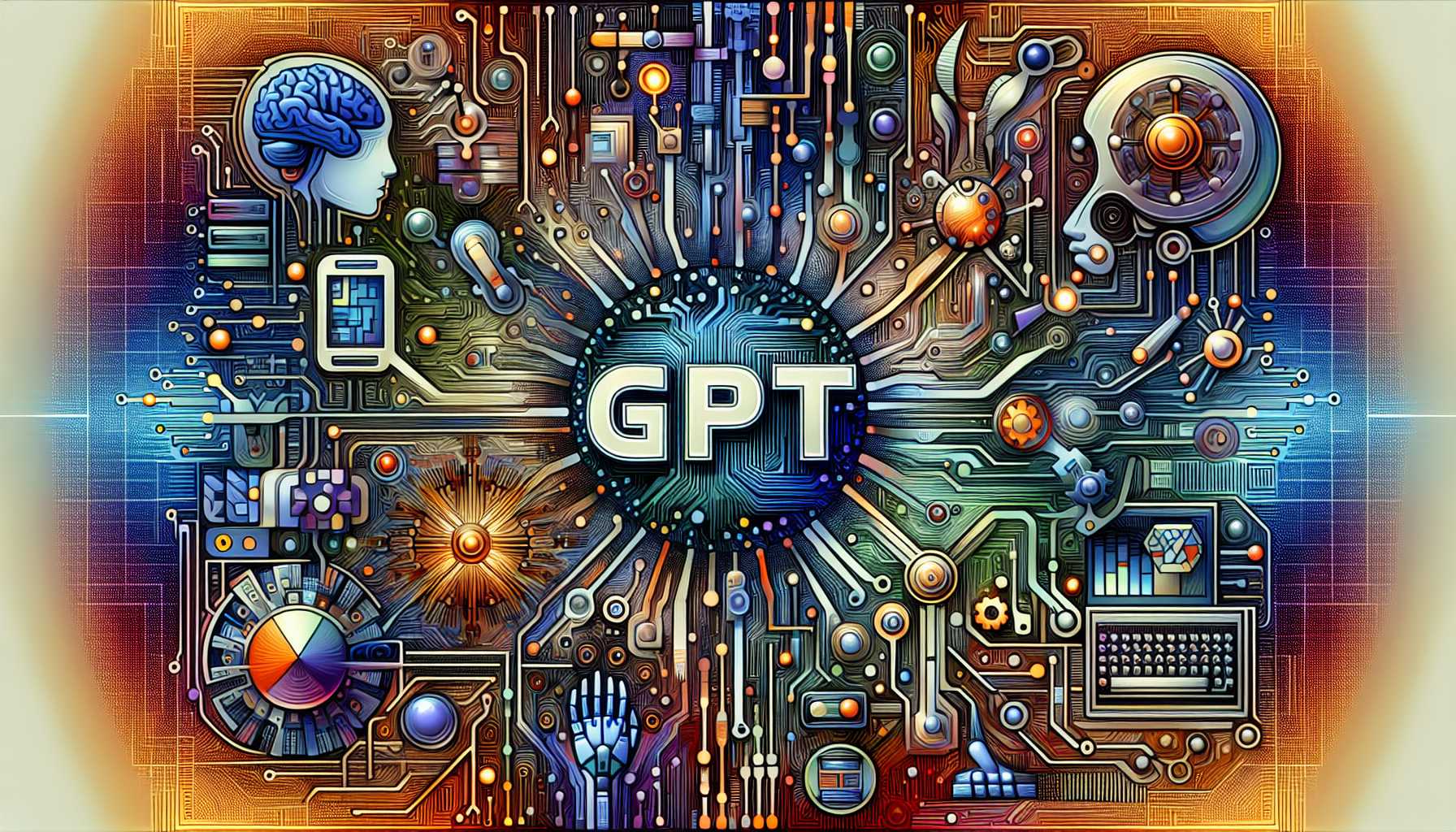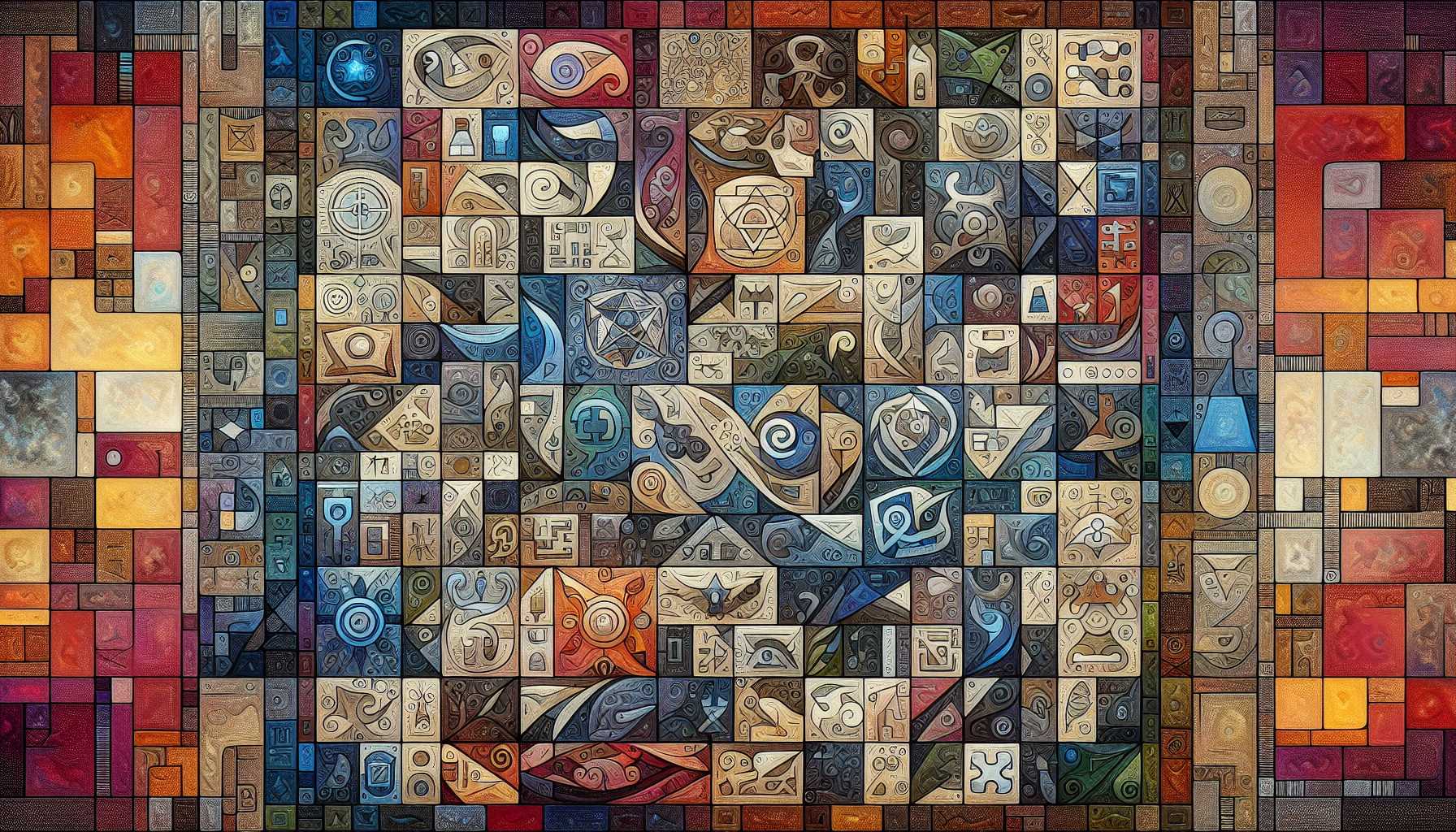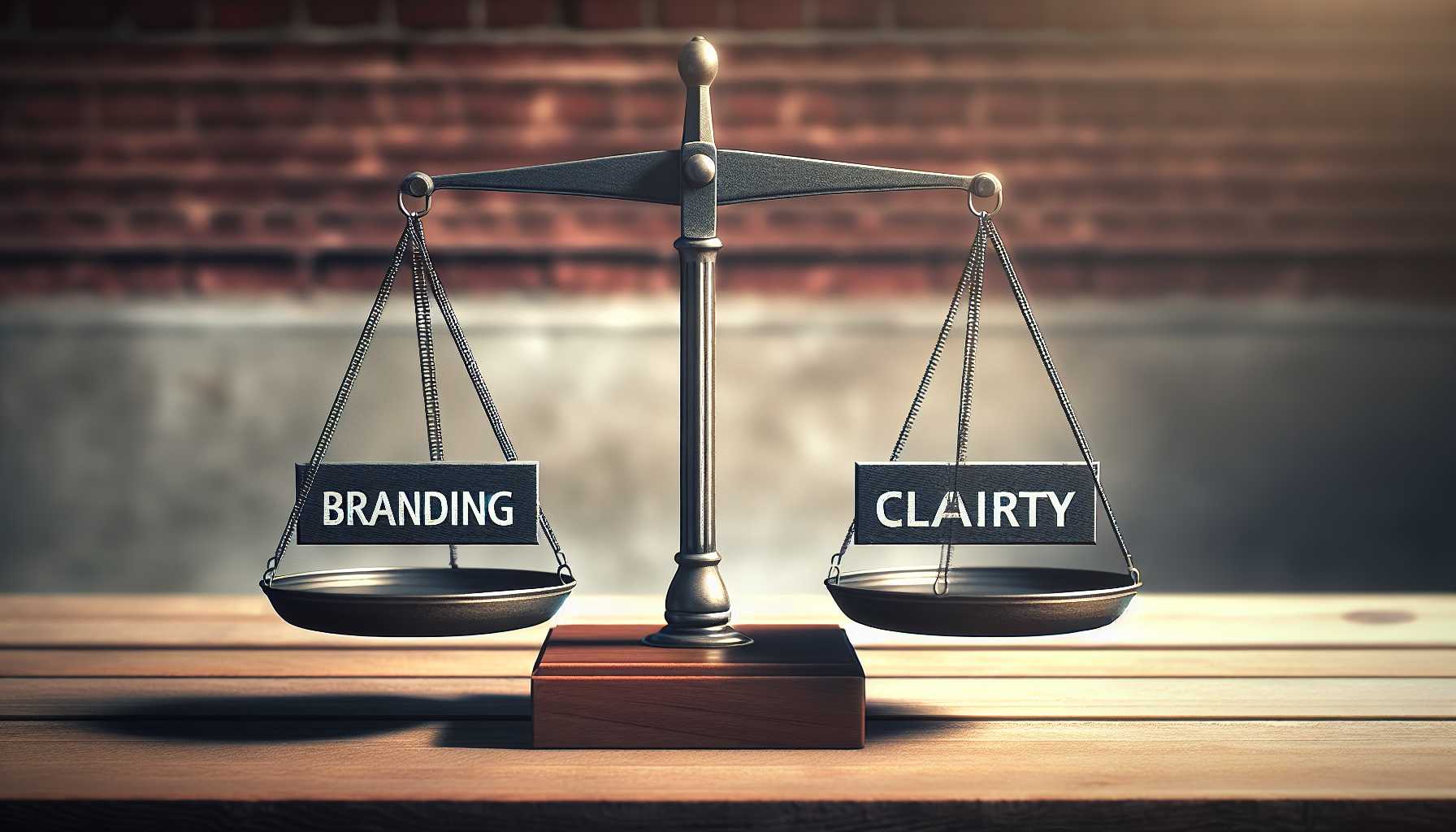When tech jargon becomes the center of a trademark tussle, you know the technology has hit a sweet spot in public consciousness. Recently, OpenAI’s wrangle over the three-letter acronym “GPT” with the US Patent and Trademark Office boardrooms has had the tech community buzzing. Meanwhile, in the gaming universe, Larian Studios’ “Baldur’s Gate 3” patch has been giving players more than they bargained for. Strap in as we decode the drama and developments from the tech and gaming frontlines with a soupçon of humor and a dollop of expertise.
The “Generic” Predicament of a Proprietary Name
The term “GPT,” short for Generative Pre-trained Transformer, has become synonymous with the AI revolution. OpenAI, the mastermind behind this technology, has filed for trademark protection of the term. However, the US PTO has flatly refused, citing “too general a term” as the reason. What does this mean for the tech industry? The PTO argues that “GPT” is a descriptive technical term, one that competitors need to accurately label their own iterations of generative AI. OpenAI, on the other hand, insists that the term, especially outside tech circles, doesn’t immediately disclose its function to consumers. This case raises a crucial question: Should common tech jargon be protectable when it turns into a brand identifier? As a tech enthusiast, I understand the importance of branding, but as an advocate for fair play in tech innovation, there’s merit to keeping the field level.
GPT: More Than an OpenAI Trademark?
The tale of “GPT” is an instructive one for tech innovators. The abbreviation has become closely tied with OpenAI’s products, such as ChatGPT, GPT-3, and the later addition, GPT-4. Yet, since its inception, many AI-driven companies have incorporated “GPT” into their nomenclature, like GPTZero, an AI detector startup. To what extent can or should a term that is beginning to define a genre of AI tech be owned? OpenAI’s response to expanding its branding beyond “GPT” is telling. It has started naming other services, like the text-to-video model ‘Sora’, distinguishing them from the “GPT” fleet. This move could signify a strategic sidestep from the trademark setback, emphasizing the uniqueness of their offerings rather than a single acronym.
Mods, Bugs, and Kissing – The Rollercoaster of Baldur’s Gate 3’s Patch Saga
In another slice of techie pie, Larian Studios, the brains behind “Baldur’s Gate 3,” released a 21GB patch that had us needing a whopping 150GB just to tug it onto our hard drives. While this update aimed to fix existing gremlins, it inadvertently invited a few more to the party. As someone who has overseen software updates, I can affirm – the update conundrum is real! The resulting new bugs included uncompletable quests and fresh crashes during vendor haggles. To Larian’s credit, they quickly rolled out Hotfix 18, focusing on these very trading and bartering mishaps. The studio also hinted at mods, unofficial add-ons by gamers, as a potential cause for instability. It’s a reminder that in the vast playscape of gaming, patches can be as unpredictable as rolling a dice in a D&D game.
When Mods Mend and Muddle: The Paradoxical Side of Gaming Fixes
Larian’s candid acknowledgement of the complications mods introduce is refreshing. The studio advises players to first remove mods to check if issues with new patches persist, a pragmatic tip for any mod-happy gamer. It’s a good reminder that, in the era of community-sourced enhancements, keeping the gaming environment stable is more like a balancing act on a tightrope. Larian’s commitment to addressing issues and keeping players abreast is a lesson in customer care and transparency. The upcoming days promise more patches to mend the still unresolved issues. As a tech investor, the cyclic nature of updates and fixes speaks volumes about the continuous improvement mindset needed in the industry. It’s reassuring to see Larian embody that spirit.
The Takeaway: A Tech Tango of Terms and Updates
The controversies swirling around “GPT” trademarking and Baldur’s Gate 3’s patch adventures reflect the dynamic and often unpredictable nature of the tech world. Protecting a brand while fostering industry-wide clarity is a delicate dance, and one that OpenAI is currently navigating. Similarly, Larian Studios’ patching predicament reveals the challenges game developers face in a world where players partake in altering their gaming experience. In both instances, there’s an underlying lesson for tech companies: embrace adaptability and keep your audience in the loop. Whether it’s OpenAI reshaping its branding approach or Larian Studios addressing game glitches, the key is to remain resilient and responsive. As a tech enthusiast and investor, it’s this agility and openness that I find most compelling – and it’s what keeps the tech industry so riveting.





